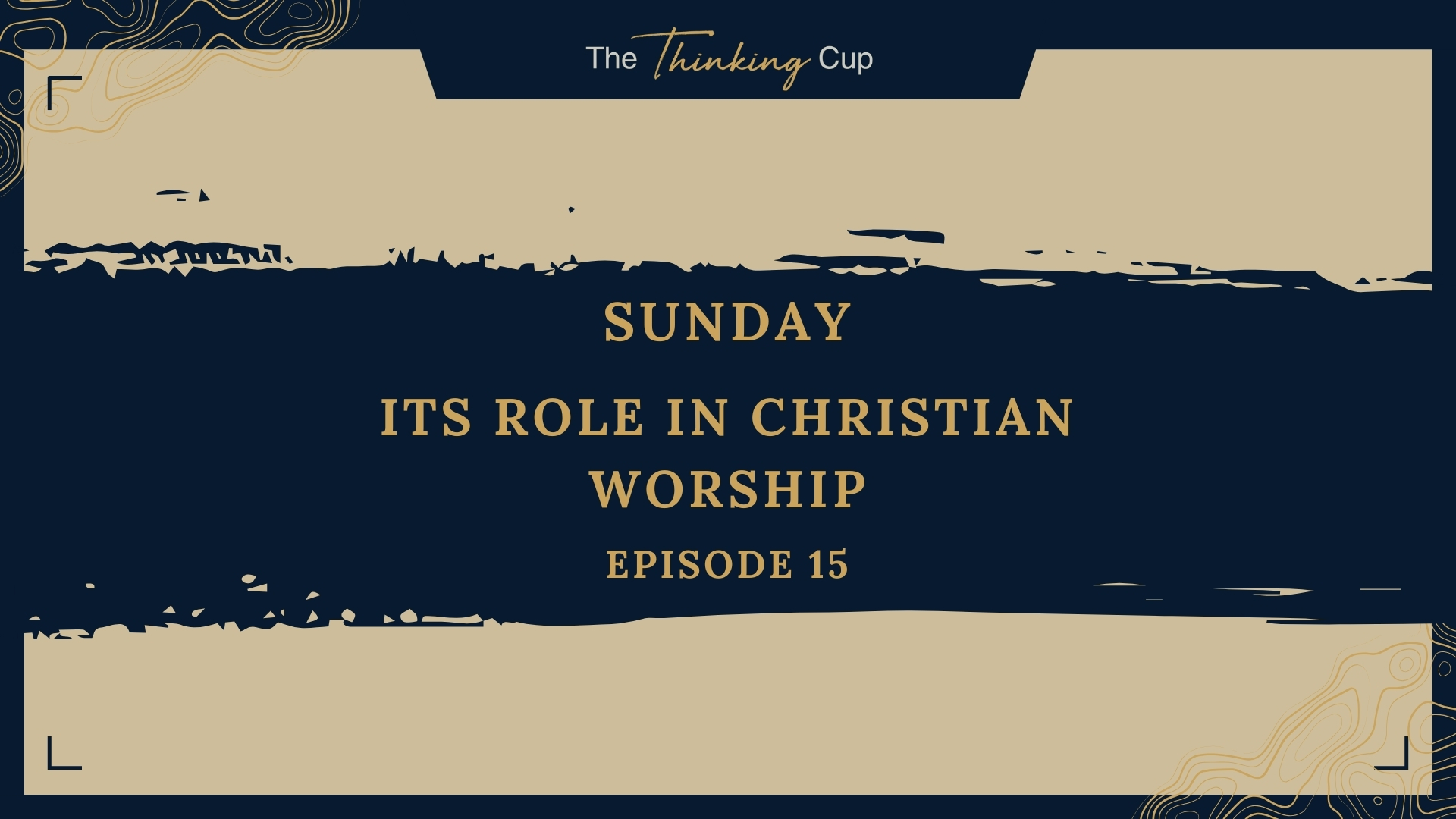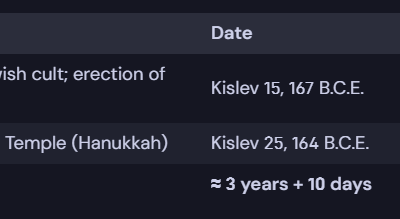Many Covenant Theologians insist that Sunday has replaced the Sabbath and that the Old Testament Sabbath laws now apply to it. This claim has led to widespread beliefs about the origin and significance of Sunday worship in Christian practice. While Seventh-day Adventists are a different form of Covenant Theologian, they also retain some oddly unhistorical perspectives of Sunday/Sabbath.
A common misconception is that Sunday worship only became widespread after Emperor Constantine’s decree in A.D. 321 or after the Council of Laodicea in A.D. 364. However, extensive historical documentation, particularly from Sabbath and Sunday in the Post-Apostolic Church [1] and Second Century Witnesses to the Sabbath and Lord’s Day Debate, [2] demonstrates that Sunday worship was already a well-established practice among churches outside of Israel by the early second century.
Evidence suggests that Sunday worship was a well-established practice among churches outside of Israel by the early second century. One article notes that when evidence becomes available in the second century, Sunday worship appears as the universal Christian practice outside Palestine, with no trace of controversy or dissent. This universality is best explained if Sunday worship was already the Christian custom before the Gentile mission, spreading throughout the expanding Gentile church. The lack of any record of Christian groups not worshipping on Sunday further supports this view. [3] By the early second century, Sunday worship was already established as the universal Christian practice. [4] The evidence from the post-apostolic period, including references in documents like the Acts of Peter, the Acts of Paul, and the Epistula Apostolorum, consistently indicates that Sunday was called “the Lord’s Day” (κυριακή) from at least the second half of the second century. Earlier post-apostolic references, while not totally unambiguous, strongly suggest that Sunday was in view. [5] The universality of the custom and the absence of any controversy over whether worship should take place on Sunday argue for its early origin. [6]
However, in those early centuries, while Sunday was observed as a day of worship, it was not regarded as a Sabbath. Later church councils ratified the existing practice and began applying Sabbath regulations to Sunday, a practice that developed over time. Initially, Sunday was simply a day of corporate worship, not a mandated day of rest.
Despite this historical development, many still speak of a “Christian Sabbath” or “Sunday Sabbath.” However, it is no more accurate to refer to a Christian Sabbath than it would be to speak of a Jewish Sunday. Charles Hodge, in his Systematic Theology, strongly argued that all Ten Commandments remain in effect, including the fourth commandment concerning the Sabbath. Yet, without any scriptural basis, he also contended that the Sabbath commandment had been transferred to the first day of the week. His argument relied solely on Old Testament principles while ignoring the clear seventh-day emphasis of the Mosaic Law.
Charles Hodge’s boldy but incorrectly asserts:
“We are bound, therefore, to insist upon the maintenance and faithful execution of the laws enacted for the protection of the Christian Sabbath.” [7]
Even some Dispensationalists have mistakenly applied Sabbath principles to Sunday. For example, Merrill Unger asserted:
“As the Sabbath commemorates God’s creation rest, the first day speaks of Christ’s resurrection. The seventh day marks God’s creative rest. On the first day Christ was unceasingly active. The seventh day commemorates a finished creation, the first day a finished redemption. In the present dispensation of grace Sunday perpetuates the truth that one-seventh of one’s time belongs to God. In every other particular there is contrast.” [8]
Likewise, the Council of Elders of Grace Community Church in Los Angeles, a dispensational church, argued in an unpublished paper. [9] that the shift from Sabbath to Sunday was divinely ordained. They contended that while the Sabbath in the Old Testament was a reward for obedience, Christians now live out their reward in Christ, and Sunday marks the beginning of that life. They pointed to Acts 20:7, 1 Corinthians 16:2, and Revelation 1:10 as evidence that the early church universally observed Sunday as the new Sabbath. However, this argument assumes rather than proves that Sunday observance was mandatory and divinely ordained.
In Christian Love,

[1] R. J. Bauckham, “Sabbath and Sunday in the Post-Apostolic Church,” in From Sabbath to Lord’s Day: A Biblical, Historical, and Theological Investigation, ed. D. A. Carson (Eugene, OR: Wipf & Stock, 1999), 251.
[2] Jon-English Lee, “Second Century Witnesses to the Sabbath and Lord’s Day Debate,” The Churchman 128, no. 3 (2014): 231.
[3] R. J. Bauckham, “The Lord’s Day,” in From Sabbath to Lord’s Day: A Biblical, Historical, and Theological Investigation, ed. D. A. Carson (Eugene, OR: Wipf & Stock, 1999), 236.
[4] Ibid, 269.
[5] A. T. Lincoln, “From Sabbath to Lord’s Day: A Biblical and Theological Perspective,” in From Sabbath to Lord’s Day: A Biblical, Historical, and Theological Investigation, ed. D. A. Carson (Eugene, OR: Wipf & Stock, 1999), 384.
[6] R. J. Bauckham, “The Lord’s Day,” in From Sabbath to Lord’s Day: A Biblical, Historical, and Theological Investigation, ed. D. A. Carson (Eugene, OR: Wipf & Stock, 1999), 230–231.
[7] Charles Hodge, Systematic Theology, vol. 3 (Oak Harbor, WA: Logos Research Systems, Inc., 1997), 347.
[8] Merrill F. Unger, “Sabbath,” in The New Unger’s Bible Dictionary, ed. R.K. Harrison (Chicago: Moody Press, 1988).
[9] Arnold G. Fruchtenbaum, Israelology: The Missing Link in Systematic Theology, Rev. ed. (Tustin, CA: Ariel Ministries, 1994), 677.



0 Comments